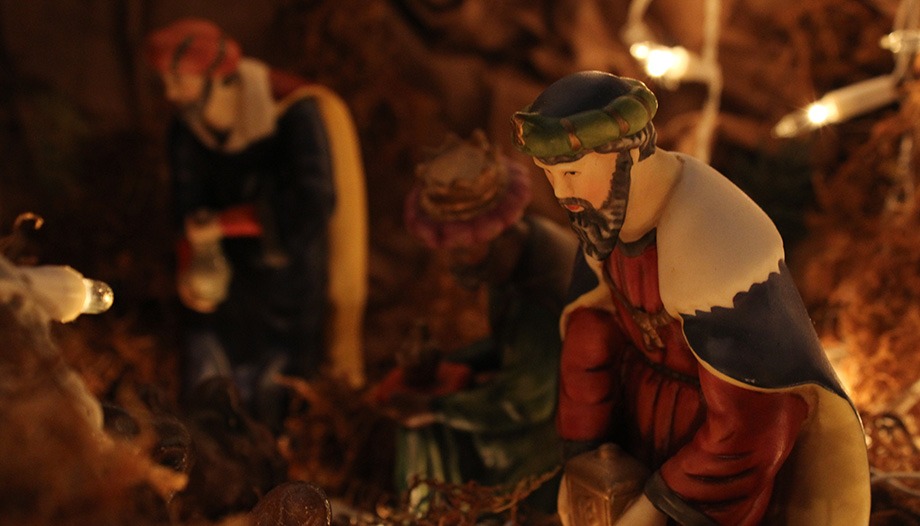The gold and frankincense is clear, but what about myrrh? Movies and social networks are making jokes these days about the "uselessness" of this gift of the kings, but is it really useless? On the contrary! Perhaps it is the most important. And I explain why.
The first thing to say is that we do not speak of gold, frankincense and myrrh by chance or by tradition. The three gifts are found in Sacred Scripture, specifically in the second chapter of the Gospel according to St. Matthew. They are traditions, for example, the mule and the ox, which do not appear in any of the Gospels; and even the Magi themselves: Melchior, Gaspar and Balthasar, since the Bible does not say that they were kings, nor that there were three of them, much less their names. Certainly, since the first centuries of Christianity, their figure was interpreted in this way and we continue to speak of them in this way, but this fact should call our attention to what is really important: that it was not so much the three, five or fifteen magi who arrived at the portal, but the three gifts that we do know they brought with them.
The fathers of the Church saw in the gifts offered by these mysterious personages a prophetic intention that spoke to us of the destiny of the child: gold, as befits a king, for Jesus was destined to be a king in the Kingdom of Heaven; frankincense, as befits God, for just as that perfumed smoke ascends towards heaven thus serving the Jews as an offering to God in His temple, that baby deserved such honor for being the very Son of God; and myrrh (the great unknown), as man in his mortal nature, because this vegetable resin is used to heal wounds, embalm corpses and as an analgesic for the dying, thus foretelling his passion and death on the cross.
That is why it is the most unpopular of the gifts, that is why it is the great unknown because, besides being the least common product of the three in our daily lives, who wants to hear about death in this Christmas of brillibrilli that we have invented?
However, and this is my proposal, on second thought, it may be the most important gift for us, the one that speaks to us of the true meaning of Christmas, the one that shakes off the adhesions that the years have accumulated on this feast and that prevent us from contemplating and celebrating it in all its splendor.
At Christmas, what we celebrate is the mystery of the Incarnation, which blows up all our preconceived ideas about God. At Christmas, he is not a distant God, up there in heaven, but with his feet on earth; he is not a solitary God, but a Trinitarian God in need of a family; he is not an indifferent God, but involved with his people; he is not a just God, but merciful; He is not an overbearing God, but simple, small and poor; He is not a God who is oblivious to pain, but a God who is passive, who suffers with his own; He is not a God who creates to admire his own work, but out of pure love for his creatures.
In the Second Vatican Council, the Church reminded us that "the mystery of man is clarified only in the mystery of the Incarnate Word" and goes on to affirm that "the Son of God by his incarnation has united himself, in a certain sense, with every man".
So, from now on, pay no attention when they joke about the uncertain destiny of the myrrh. Take the opportunity to explain that, thanks to it, each one of us was in the portal that night because that Child was united "in a certain way" with each and every one of us. That is what we celebrate at Christmas, let it be clear: Happy Incarnation! Happy Christmas!
Journalist. Graduate in Communication Sciences and Bachelor in Religious Sciences. He works in the Diocesan Delegation of Media in Malaga. His numerous "threads" on Twitter about faith and daily life have a great popularity.











